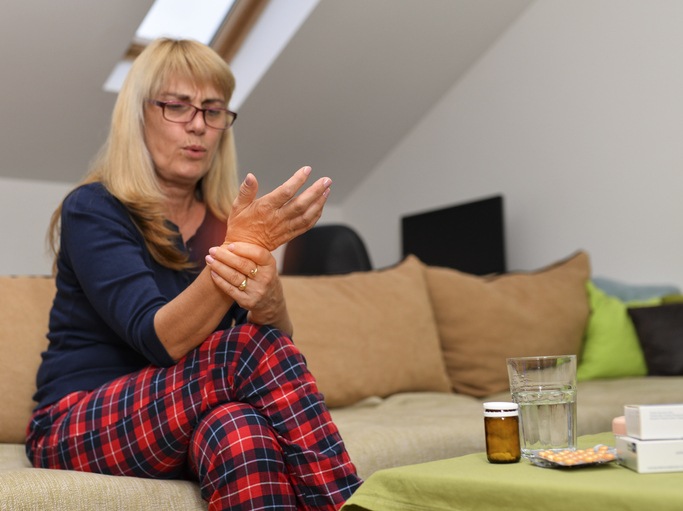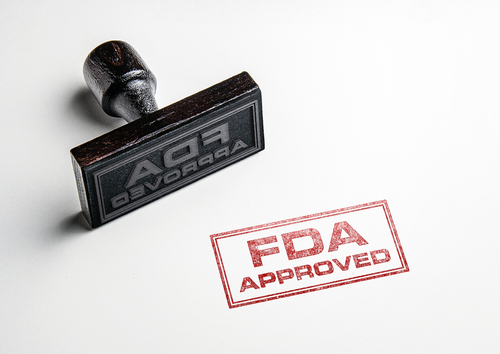
Peficitinib was a safe and effective treatment option for patients with rheumatoid arthritis (RA) in a new study.
RA treatment consists of disease-modifying antirheumatic drugs (DMARDs), often beginning with methotrexate; patients who do not respond to conventional DMARDs may receive biologic agents like tumor necrosis factor-alpha (TNF-α) inhibitors.
“The Janus kinase (JAK) family of non-receptor protein tyrosine kinases (JAK1, JAK2, JAK3, and tyrosine kinase 2 [TYK2]) plays a crucial role in multiple cytokine receptor signaling pathways and is a promising target for RA treatment in patients with insufficient response to DMARDs and biologic agents. JAK inhibitors available for the treatment of patients with RA include tofacitinib (a pan-JAK inhibitor approved in the USA, Europe, and Asia), baricitinib (a JAK1 and JAK2 selective inhibitor approved in the USA, Europe and Asia, and more recently peficitinib (ASP015K; approved in Japan),” the study authors wrote.
The present report was an interim analysis of a continuing study in RA patients who successfully completed 12-week phase 2b and 52-week phase 3 studies of peficitinib in Asia. Patients received one-daily oral peficitinib 100 mg or 50 mg; doses could be increased up to 150 mg or decreased up to 50 mg. Efficacy was assessed per American College of Rheumatology (ACR) response rates, ACR components, and disease activity score in 28 joints based on C-reactive protein (DAS28-CRP).
Peficitinib Efficacy Persists Through Extension Study
The analysis included data from 853 patients through May 2018. Patients had a mean peficitinib duration exposure of 22.7 months. Two-thirds of patients’ maximum dose was 100 mg. At week zero of the extension study, ACR20/50/70 response rates were 71.6%, 52.1%, and 34.7%, respectively; at the end of treatment, the rates were 78.9%, 61.4%, and 42.7%, respectively. The researchers observed improvements in both ACR components and DAS28-CRP from baselines of the previous studies; improvements persisted throughout the extension study. A total of 757 patients (89.8%) reported treatment-emergent adverse events (TEAEs), most of which were severity grade 1/2; the most common were nasopharyngitis (39.7%) and herpes zoster (11.7%). Fifty-five patients (6.5%) sustained drug-related TEAEs that resulted in permanent study drug discontinuation. The incidence rates per 100 patient-years of specific AEs were: serious infections, 2.3; herpes zoster-related disease, 6.8; and malignancies, 1.1. Regarding mortality, the researchers wrote, “One death from diffuse large B cell lymphoma during the study and one death from uterine sarcoma after the study were considered probably and possibly related to study drug, respectively.”
The study was published in Arthritis Research & Therapy.
The researchers concluded, “Peficitinib administration for up to 6 years was well tolerated and no new safety signals were identified. These results suggest that peficitinib may be an effective long-term treatment option for Asian patients with RA.”







 © 2025 Mashup Media, LLC, a Formedics Property. All Rights Reserved.
© 2025 Mashup Media, LLC, a Formedics Property. All Rights Reserved.